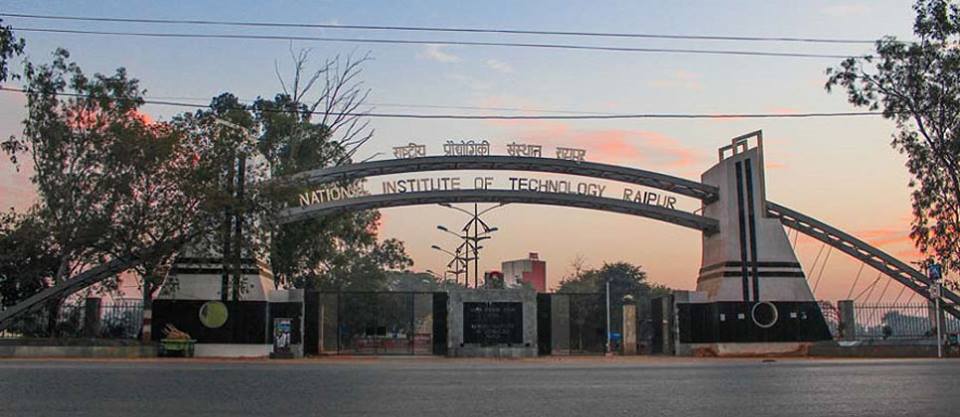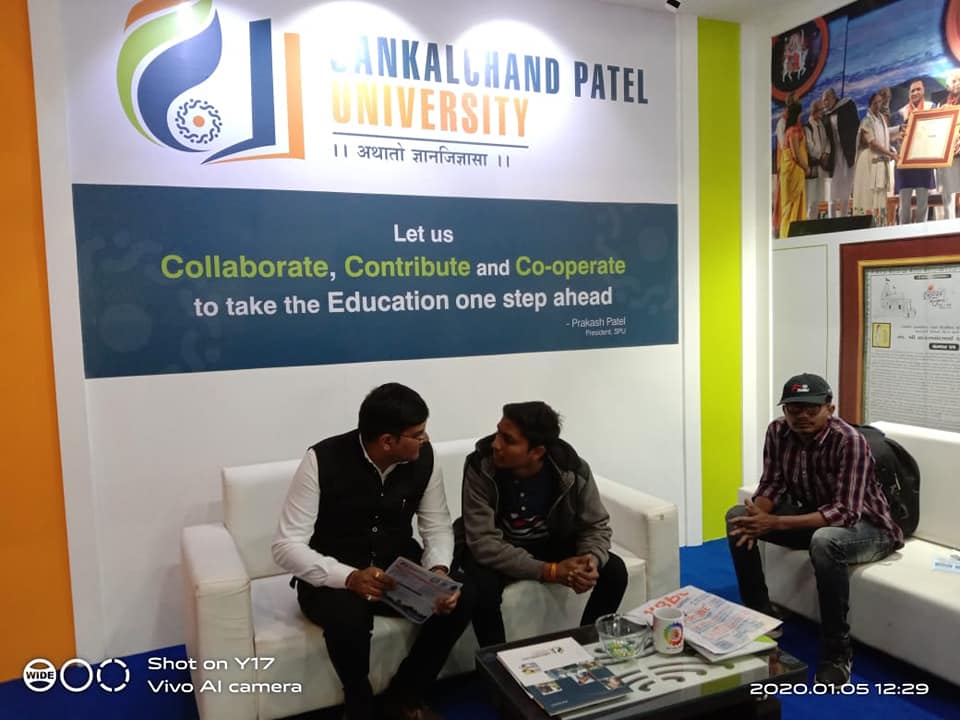New Delhi: Department of Biotechnology (DBT) Junior Research Fellowship (JRF) program was initiated in 2004 to provide fellowships for biotech students pursuing research in universities and / or research institutions in the country. Students are selected through online Biotechnology Eligibility Test (BET). 275 fellowships can be awarded every year.
The application window is open for Biotechnology Eligibility Test (BET) 2018. The online application window closes on 05 February 2018. The exam for BET 2018 will be held on 18 March 2018 (Sunday).
SkillOutlook here presents seven key points of BET 2018, which may help the aspirants to fine tune their exam preparation.
1.Eligibility Conditions: Educational Qualification – MSc/MTech/MVSc Degree in any of the following discipline: Biotechnology, Agriculture Biotechnology, Animal/Veterinary Biotechnology, Medical Biotechnology, Marine Biotechnology, Industrial Biotechnology, Environmental Biotechnology, Pharmaceutical Biotechnology, Food Biotechnology, Biochemical Engineering and Biotechnology, Bio-resources and Biotechnology, Bioinformatics, Molecular & Human Genetics, Neuroscience, Or B.E/B.Tech in Biotechnology (4-Year course after 10+2).
Percentage of Marks: Atleast 60% marks for General & Other Backward Class (OBC) category and 55% for Scheduled Caste (SC)/Scheduled Tribe (ST)/Physically Handicapped (PH) category in aggregate (or equivalent grade) in the qualifying exam.
2.Final Year Students of Qualifying Degree: The candidates who have either appeared or are due to appear in the final examination of their qualifying degree are eligible to appear in the test, under the Result Awaited (RA) category. However, the release of the award letter would be subject to submission and verification of the required documents.
3.Selection Procedure: Based on performance of BET, Two separate merit lists are prepared, one comprising the candidates qualifying for the award of category I (Top 275) and the second, Category II (next 100 in merit list).
Candidates selected in category I are eligible to avail fellowship under the programme. These are tenable in any University/Institute in India where the candidates register for PhD programme. Candidates selected under Category II are eligible to be appointed in any DBT sponsored project and avail fellowship from the project equivalent to NET/GATE, subject to selection through institutional selection process.
4.Exam Scheme of the Test: Question paper will have two parts, Part-A (General aptitude & General Biotechnology) and Part-B (General plus specialized branches in Biotechnology). Part-A will have all compulsory 50 MCQ questions in General science, Mathematics, Chemistry, General aptitude, analytical, quantitative ability, general biotechnology etc. There will be 150 questions in Part B, out of which only 50 questions need to be answered. Questions in Part B will also include general biotechnology in addition to the specialized areas mentioned on the syllabus of the test.
The Paper A will have 150 Marks as One Question carries 3 marks. Meanwhile, Paper B will have 150 marks as One Question carries 3 marks. The total marks (Paper A and Paper B) are 300.
5.Previous Year Question Papers: The previous year question papers are available on the official website of Biotech Consortium India Limited (BCIL), the conducting agency of BET. The question papers of previous three years are available.
6.Mock Test: Biotech Consortium India Limited (BCIL), the conducting agency of BET, has also uploaded the Mock Test of BET 2018. The aspirants can have a look to it.
http://bcil.nic.in/DBT-JRF_Examination.html
7.Upper Age Limit: Upper age limit for applying for BET is 28 years, relaxable upto 5 years in case of candidates belonging to Schedule Castes/Schedule Tribes, Physically Handicapped/Visually Handicapped and Females; relaxable upto 3 years for OBC (Non Creamy layer) candidates.
DBT-JRF (Category I) entitles a candidate for activation of fellowship subject to PhD registration of the candidates in a recognized university or institute in the country within two years from the date of issue of award letter. PhD registration is candidate’s responsibility and DBT or BCIL has no responsibility in this.









